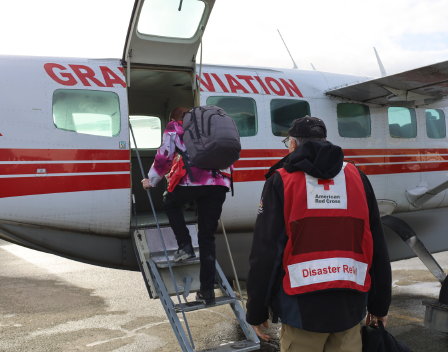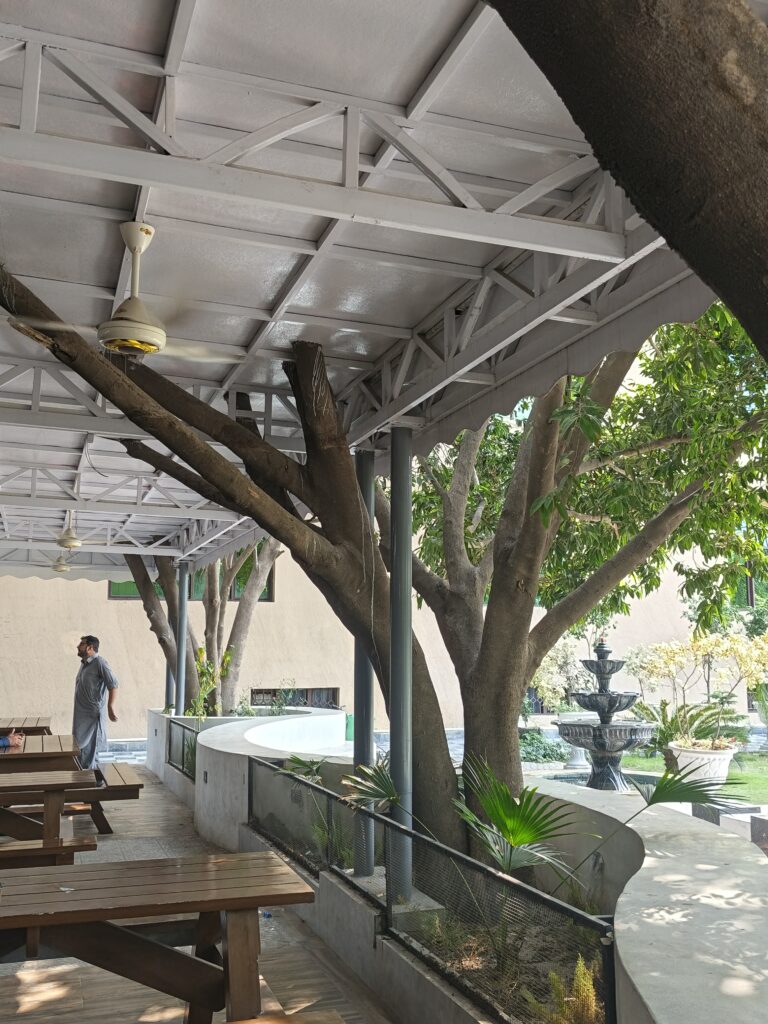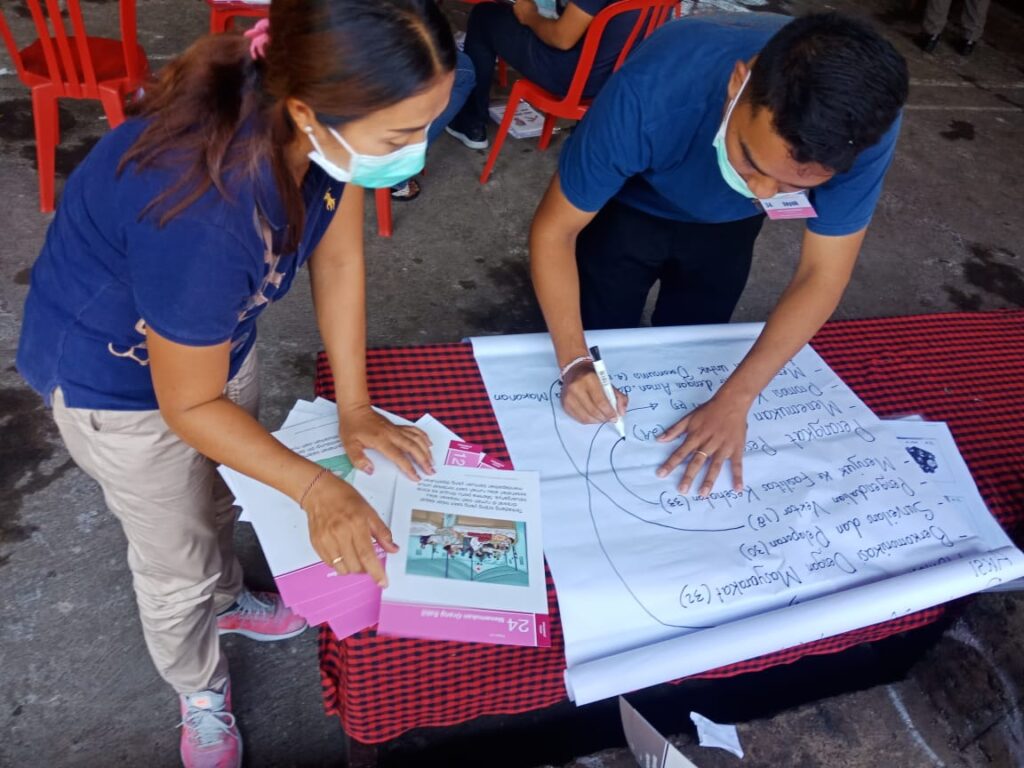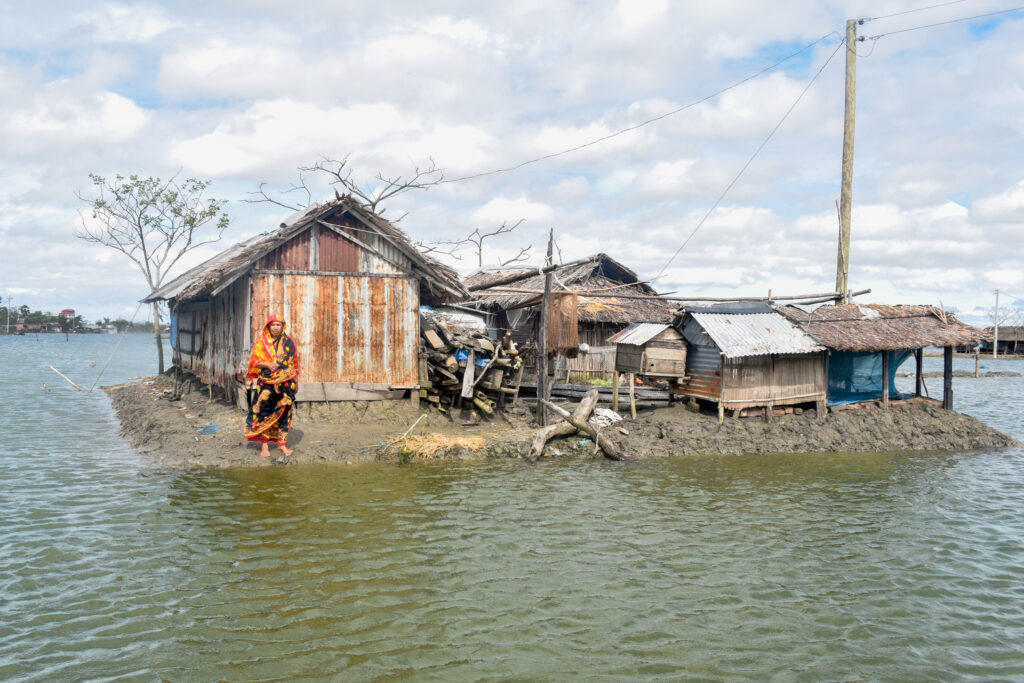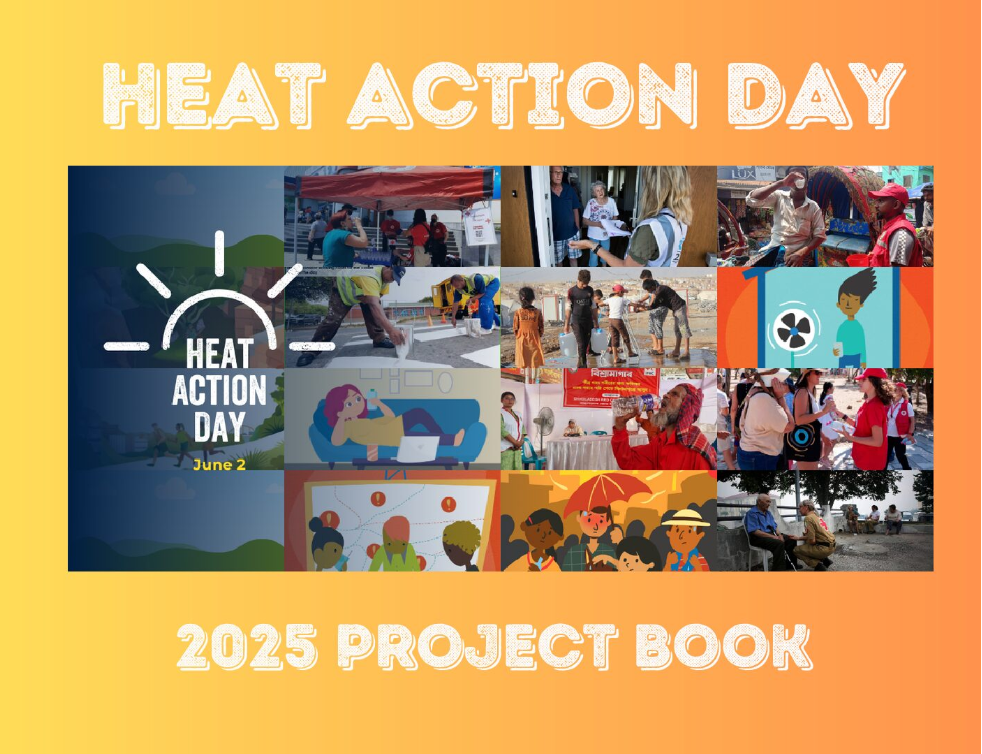American Red Cross’s Domestic Approach to Anticipatory Action
The American Red Cross has established robust protocols for forecasting, financing, and implementing early actions in anticipation of potential disasters. The Disaster Cycle Services (DCS) branch of the National Society has comprehensive mechanisms and labels specific to the US context, but the core of its programming has an anticipatory action framework. DCS forecasting relies on […]
American Red Cross’s Domestic Approach to Anticipatory Action Read More »

